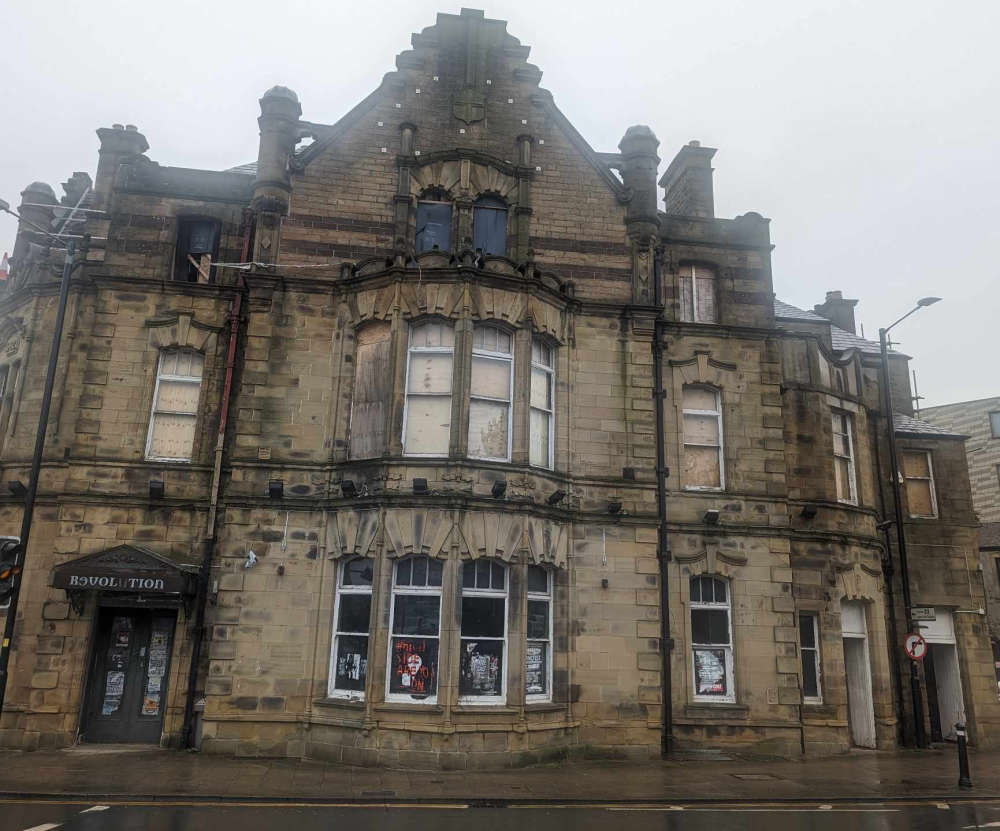
A government inspector has dismissed an appeal against an order to reinstall 28 windows removed from a historic former Lancaster bar and hotel.
The inspector ruled in favour of Lancaster City Council, who successfully defended an appeal against an enforcement notice at the former Alexandra Hotel building on Penny Street, at the gateway to the city centre. The building, which is Grade II listed and was built in 1902 and was most recently home to a Revolution bar, has deteriorated in recent years following the unauthorised removal of windows which has exposed the structure to the elements.
The council served a Listed Building Enforcement Notice in Spring 2023, requiring all of the original windows to be reinstated and any necessary repairs to be carried out. The owner subsequently appealed the notice. A planning inspector has now dismissed the appeal and has upheld the council’s enforcement notice in its entirety. In making this decision, the inspector concluded that the timber windows were “intrinsic features” of the building’s overall character.
The appeal was made by Zubeir Mister of 107 Penny Street Ltd.
Planning inspector Thomas Shields' report, published last month, said the appeal was made on several grounds, including one that "challenges the listing of a building on the basis that the building is not of special architectural or historic interest".
This was dismissed, as the inspector said "there can be no doubt that the building known as the Alexandra Hotel is a listed building given that it is listed in Grade II in the statutory list compiled or approved by the Secretary of State".
The report went on to say: "The removal of the windows has been carried out without the benefit of listed building consent. The appellant must show therefore that the works do not affect the building’s character as a building of special architectural or historic interest.
"I consider the windows are intrinsic features to the listed building’s overall character. Consequently, their removal undoubtedly affects the character of the listed building.
“The appellant states that existing timber sash windows are in such poor condition they pose a considerable risk to the public of falling debris, as was the case at first floor (bay window).
"However, other than this statement no substantive evidence has been put forward to support the appellant’s assertion that the works were the minimum immediately necessary in terms of being essential and urgent for public safety, such that other works of repair or temporary support would not have been practicable."
The report also says the appeal was made on grounds that "the requirements of the notice exceed what is necessary for restoring the building to its condition before the works were carried out".
However, Mr Shields said: "The steps required to reinstate the 28 windows that have been removed clearly go no further, or place any extra burden on the appellant, other than to reverse the works that have been undertaken. As such, they do not exceed what is necessary for restoring the building to its condition before the works were carried out."
The council's Listed Building Enforcement Notice said the removal of eight timber single-glazed sliding sash windows from the first floor, 19 timber single-glazed sliding sash windows from the second floor and one fixed timber framed single-glazed window from the second floor, were against regulations. They have ordered for the windows to be reinstated, any damage since their removal be repaired, and for the windows to be painted.
The building’s owners now must comply with the terms of the enforcement notice or face the prospect of prosecution, said the council. The notice gives three months for the work to be completed, and this begins from the date of the inspector’s decision (February 16 2024).
Here is the building pictured on March 1 2024
 Councillor Phillip Black, leader of Lancaster City Council, said: “The Alexandra Hotel forms part of a historic gateway into the city of Lancaster. It is a building that is valued highly by its residents and one that council officers will continue to strive to protect from inappropriate work.
“The planning inspector’s appeal decision is a welcome development in this case. The decision vindicates the city council in pursuing enforcement action. We would now urge the owner to comply with the notice as prescribed by the planning inspector.”
Councillor Phillip Black, leader of Lancaster City Council, said: “The Alexandra Hotel forms part of a historic gateway into the city of Lancaster. It is a building that is valued highly by its residents and one that council officers will continue to strive to protect from inappropriate work.
“The planning inspector’s appeal decision is a welcome development in this case. The decision vindicates the city council in pursuing enforcement action. We would now urge the owner to comply with the notice as prescribed by the planning inspector.”
A spokesperson for local campaigning group Lancaster Civic Vision said: "Clearly as it stands the building is in a dangerous state and has been causing concerns to residents during the winter’s high winds and heavy rains, and Lancaster Civic Vision welcomes this ruling and opportunity to safeguard this historic building.
"This area is looking forward to Eden Project Morecambe opening in the near future at which time the Lancaster and Morecambe District will be welcoming an estimated one million visitors per year, all of whom we hope will be impressed enough with our area to stay beyond their Eden visit and perhaps wish to return again.
"It is therefore vital that the entrances and road approaches, as well as parking and rail facilities, are brought to the highest order possible to give a good impression and welcoming feel to these new visitors.
"It is an old and wise saying that states “you never get a second chance to make a first impression."
Located at 107 Penny Street, the building was built in 1902 as the Alexandra Hotel, and was most recently home to a Revolution bar, which closed in 2014, and prior to that, The Alex pub and nightspot, and The Catholic Social Club.
Read more: Council demands action to safeguard historic building at gateway to Lancaster - Beyond Radio



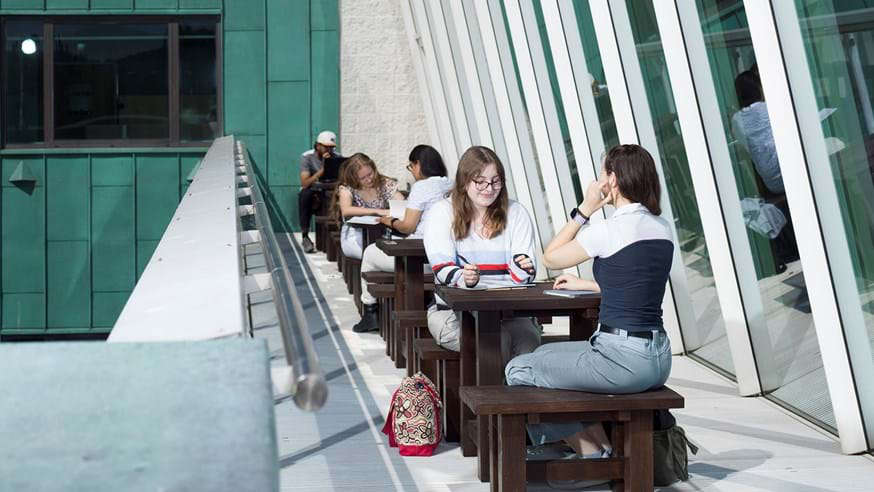 Lancaster remains best university in North West England in Complete University Guide
Lancaster remains best university in North West England in Complete University Guide
 'Music with the Mayor' initiative launched to support North Lancashire’s Citizens Advice
'Music with the Mayor' initiative launched to support North Lancashire’s Citizens Advice
 DIARY: Beyond Radio presenter fighting cancer continues his '60 Before 60' challenge
DIARY: Beyond Radio presenter fighting cancer continues his '60 Before 60' challenge
 BIG FIGHT COUNTDOWN: Tyson Fury's father John headbutts Usyk supporter ahead of undisputed heavyweight title fight
BIG FIGHT COUNTDOWN: Tyson Fury's father John headbutts Usyk supporter ahead of undisputed heavyweight title fight
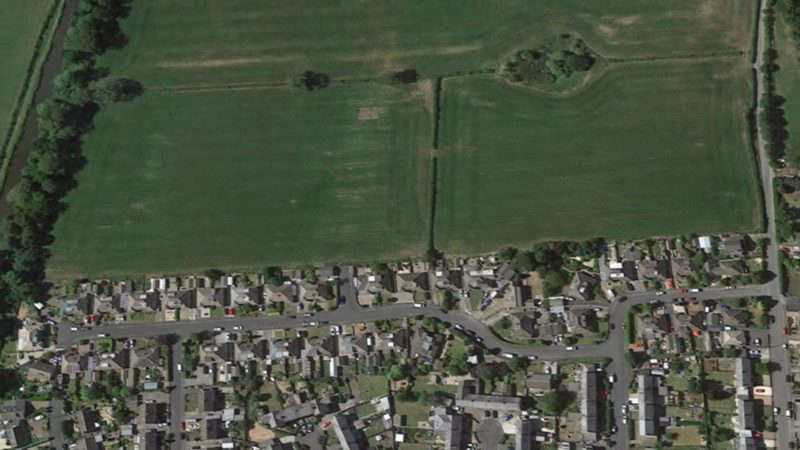 Decision to refuse Galgate housing scheme planning permission upheld following public inquiry
Decision to refuse Galgate housing scheme planning permission upheld following public inquiry
 INTERVIEWS and PHOTOS: The story of Highest Point festival 2024
INTERVIEWS and PHOTOS: The story of Highest Point festival 2024
 INTERVIEW: Lancaster prison officer backed by Tyson Fury wins sport contest ahead of Miss England bid
INTERVIEW: Lancaster prison officer backed by Tyson Fury wins sport contest ahead of Miss England bid
 VIDEO and INTERVIEW: Lancaster schoolboy, 10, makes drum 'n' bass DJ debut at Lancaster festival
VIDEO and INTERVIEW: Lancaster schoolboy, 10, makes drum 'n' bass DJ debut at Lancaster festival
 Highest Point 'Lancaster Rocks' night cancelled due to thunderstorms warning
Highest Point 'Lancaster Rocks' night cancelled due to thunderstorms warning
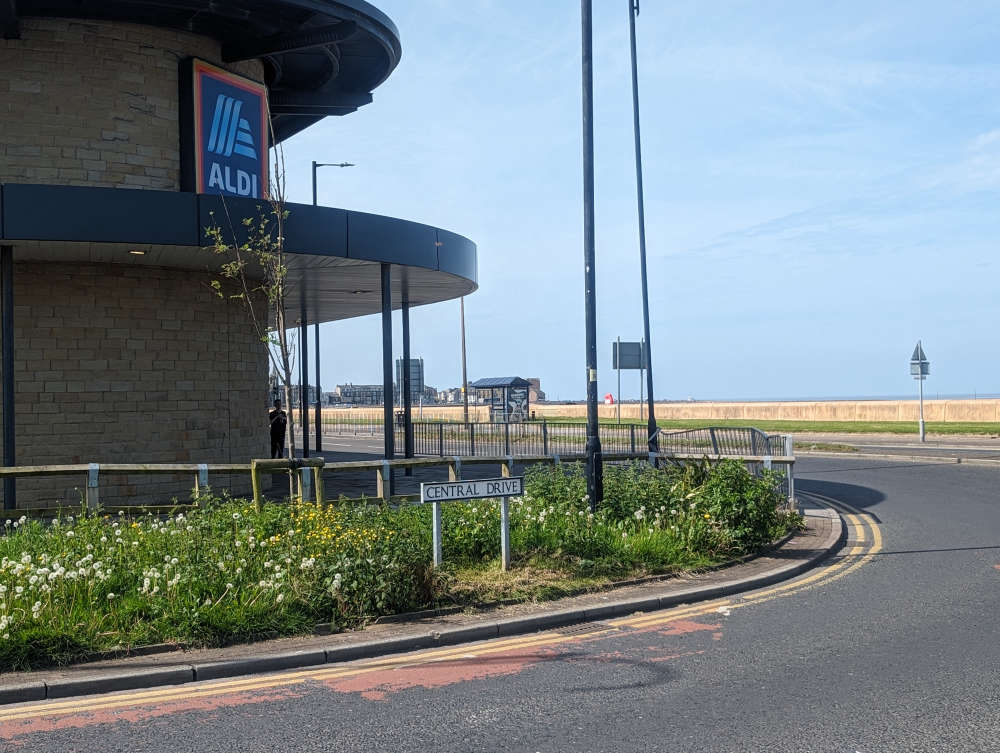 Quad bike rider dies after road crash in Morecambe
Quad bike rider dies after road crash in Morecambe
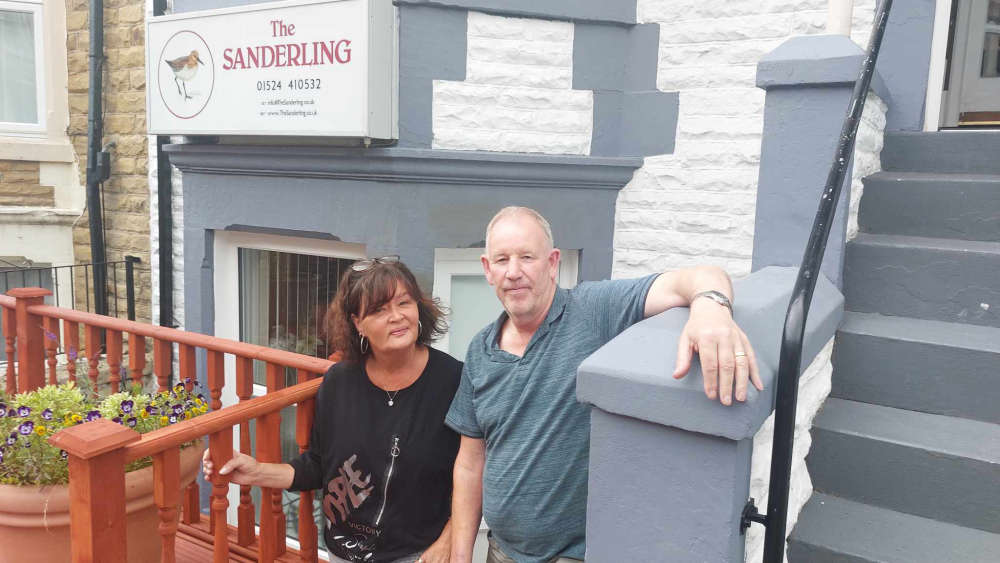 Morecambe guesthouse couple to star on reality TV show 'Four in a Bed'
Morecambe guesthouse couple to star on reality TV show 'Four in a Bed'
 PHOTOS: Northern Lights dazzle on Highest Point festival day one
PHOTOS: Northern Lights dazzle on Highest Point festival day one
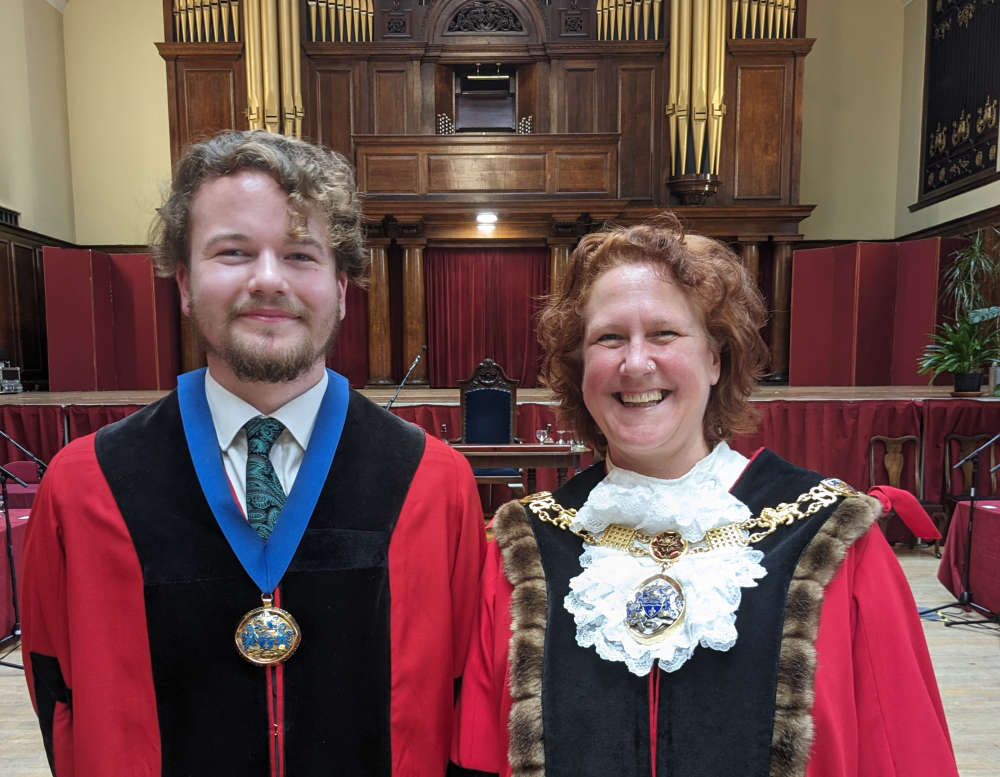 Mother and son unveiled as new Lancaster mayoral team
Mother and son unveiled as new Lancaster mayoral team
 New police and crime commissioner for Lancashire begins role
New police and crime commissioner for Lancashire begins role
 Morecambe homeless man jailed after admitting criminal damage
Morecambe homeless man jailed after admitting criminal damage
 Firefighters tackle fire at flat in Morecambe
Firefighters tackle fire at flat in Morecambe
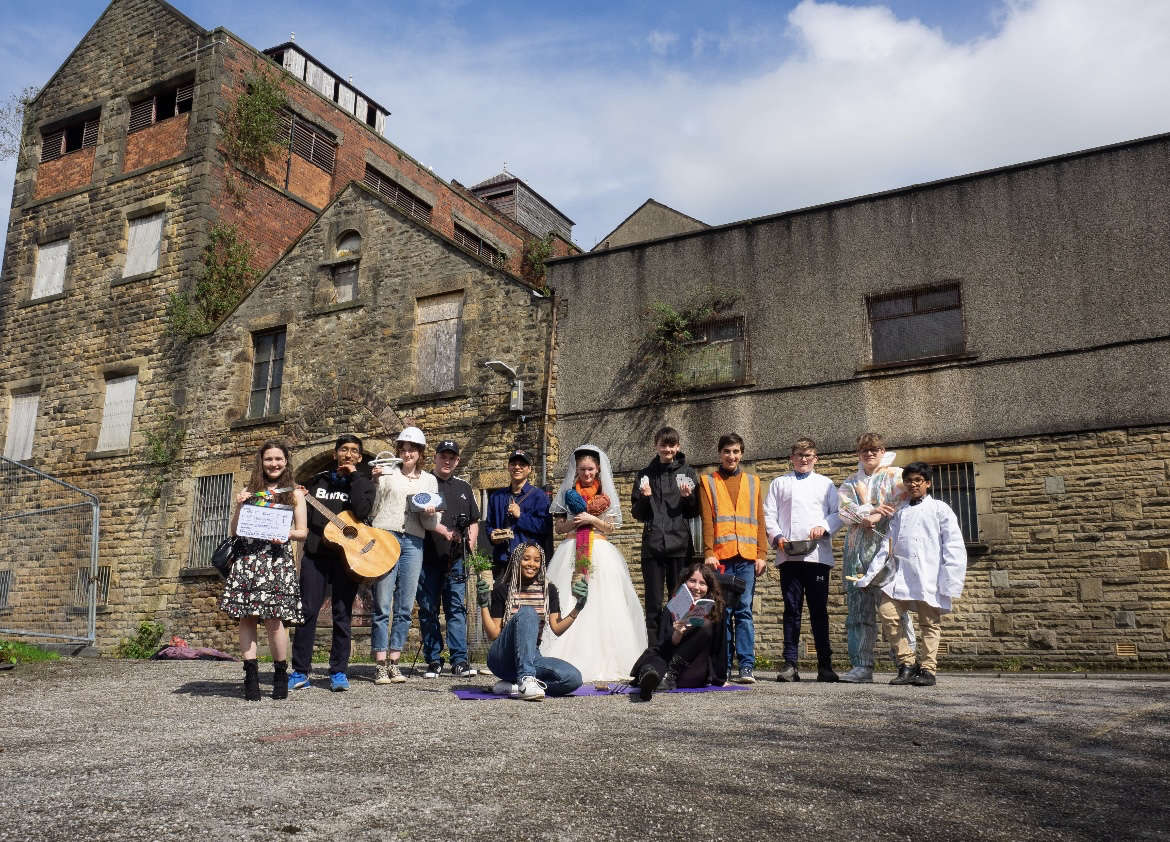 Lancaster youth charity awarded £221,400 towards vision for 'creative youth space' in city
Lancaster youth charity awarded £221,400 towards vision for 'creative youth space' in city
 Tennis club near Lancaster unveils new courts after £50,000 fundraising campaign
Tennis club near Lancaster unveils new courts after £50,000 fundraising campaign
 INTERVIEW: Highest Point chief 'proud' of lineup for 2024 festival
INTERVIEW: Highest Point chief 'proud' of lineup for 2024 festival
 Highest Point festival stage times: all you need to know
Highest Point festival stage times: all you need to know




